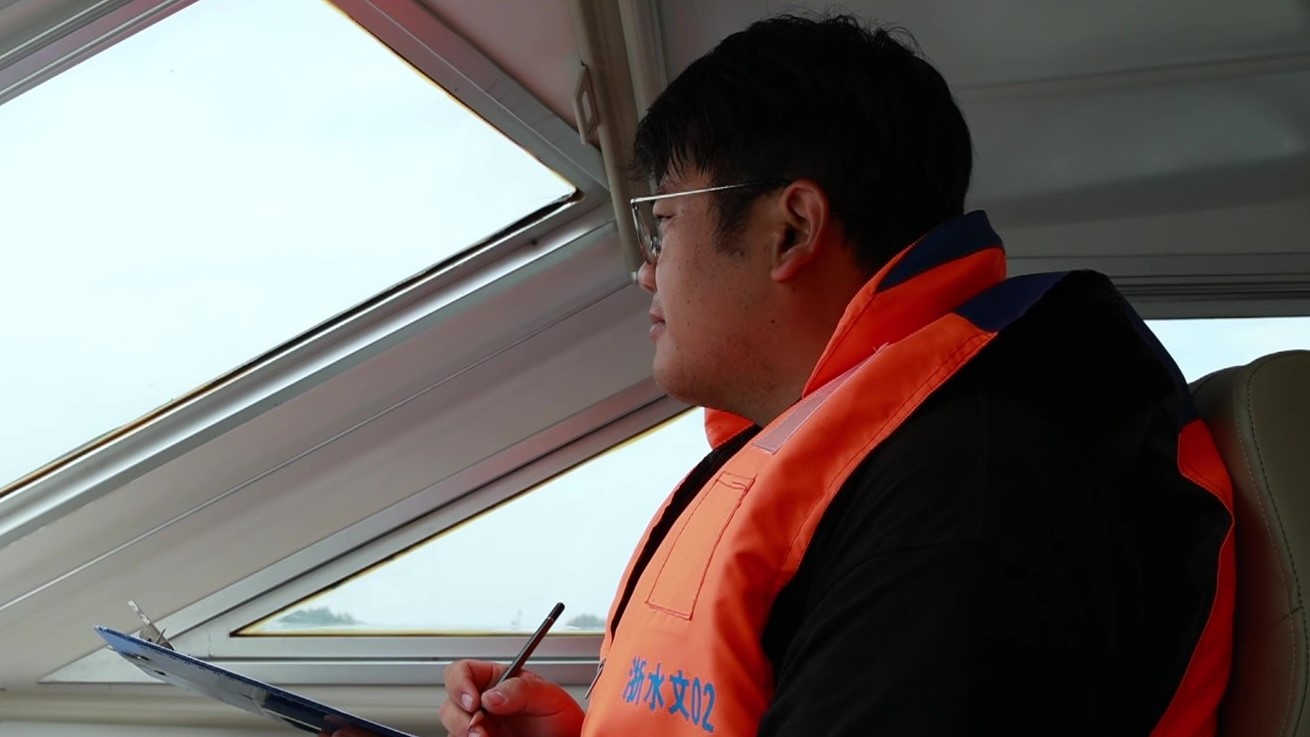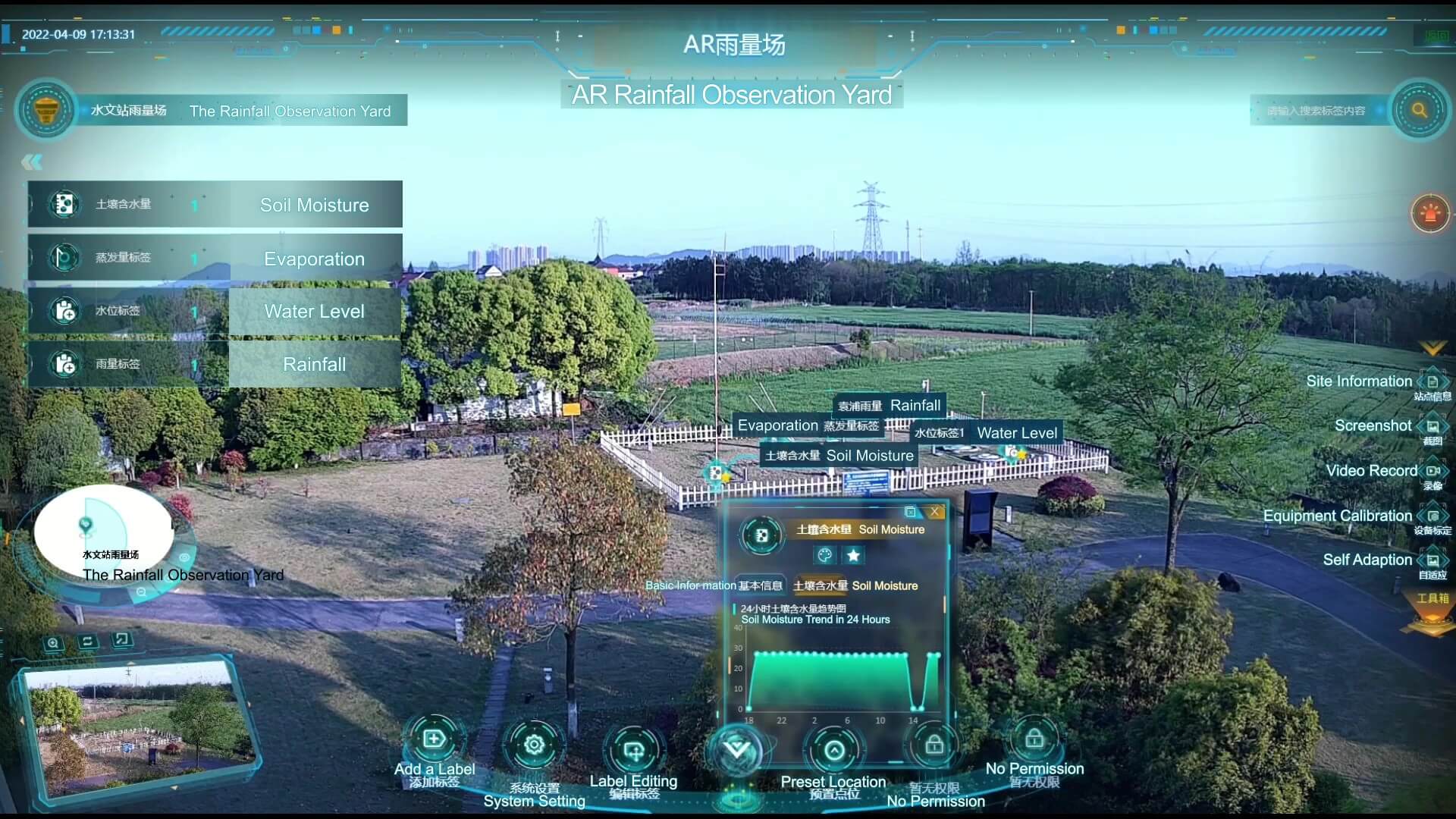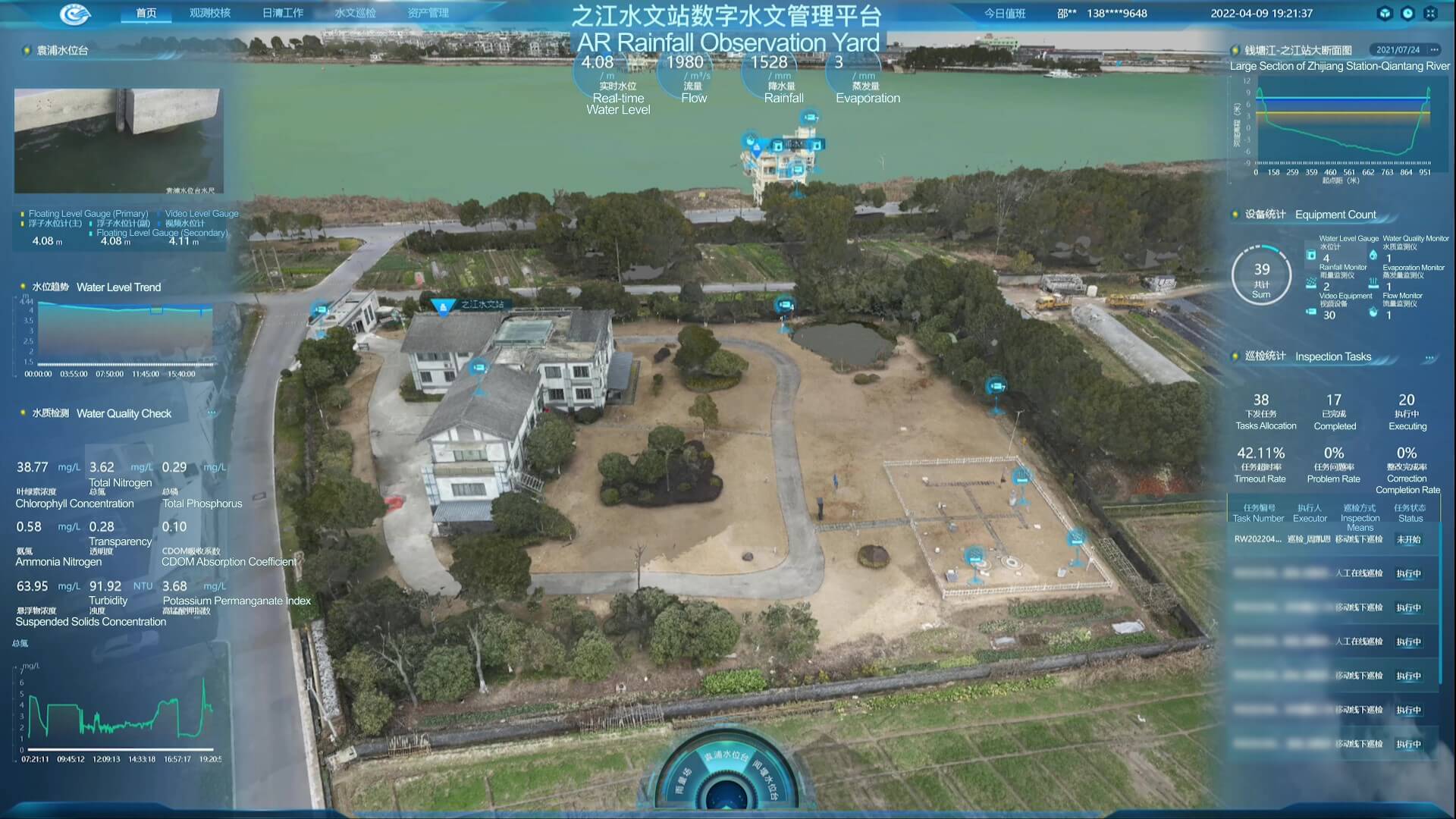-
-
Back
-
-
-
Back
-
-
-
Back
-
-
-
-
-
Back
-
-
-
-
-
-
-
-
-
-
-
Back
-
-
-
-
-
-
-
-
Commercial Display


